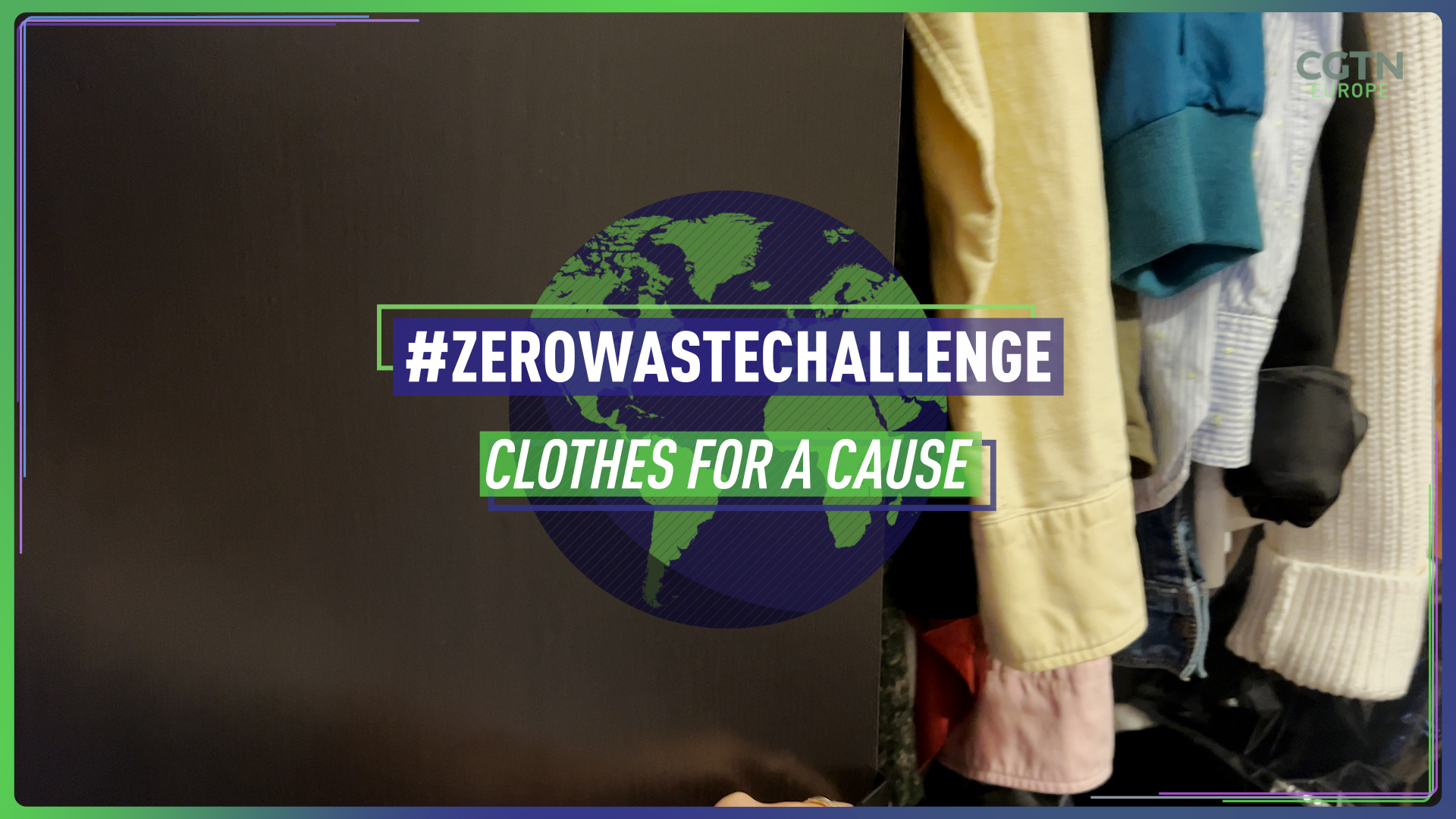Ask the average person in the street for three areas to attack climate change and you'll get a variety of answers, but it's fair to say you'll get a lot of people talking about plastics, food, rubbish, fossil fuels, flying and globalized delivery chains.
But few people will point to the clothes they wear. Which is odd, as the fashion industry sucks up more energy than aviation and shipping combined, and belches out around 10 percent of global carbon emissions, not to mention nearly 20 percent of wastewater.
Clothing – and more specifically the regular and rapid retargeting of our wardrobes known as fast fashion – is the eco-catastrophe that's on all of us. There's little point folding your cardboard into recycling if it's just been wrapped around yet another delivery of box-fresh clothes you didn't really need.
Endless production at one end is often followed by extravagant wastage at the other. More than half of all fast-fashion clothes are discarded within a year of purchase, and three out of five end up in the landfill.
And as the world continues to eradicate poverty, this consumerism may spread and grow around the planet. It's expected that global apparel consumption will increase 60 percent by 2030.
There is, at least, a gathering movement towards reuse. It's estimated that by 2029 the fashion resale market will reach a value of $80 billion – double the size of fast fashion. And our #ZeroWasteChallenge volunteers on four continents all reported at least an element of second-hand clothing in their cultures. We can't all keep making disposable clothes forever. The planet can't take it.
02:41

For Francesca Della Penna, our Italian #ZeroWasteChallenge volunteer living in London, the challenge was a journey of discovery – about appreciating the size of the waste problem, and about minimizing her own part in it.
"In the UK alone, 300,000 tonnes of textile waste goes to landfill each year – but you never hear people saying we should stop buying clothes," she says, broadcasting live from her wardrobe. "For this step of the challenge, I'm going through all my clothes to understand which ones I wear the most and the ones I can get potentially rid of."
By that, Francesca doesn't mean throwing away. As someone who moved to the country from abroad, she notes that "the UK encourages second-hand clothes shopping." By taking her unwanted garments to the charity shops that are on many UK shopping streets, "my clothes can have a second life – and I could potentially help the planet by making money [for charity] out of them, or helping someone in need."
While donating a bagful of clothes, many UK people also take the time to browse for one or two replacements. "You can buy branded things for a really good price, and contribute to an eco-friendly way of shopping for the things you wear," explains Francesca.
If dragging a bag to the shops seems too much work, fear not: there's an app for that. "There are many websites or apps I can use to get rid of my old clothes," says Francesca, who uses one which allows her to choose the charity to donate them to. "They offer a really easy service by sending you a driver to pick up the bags from your home – no stress, you just book a delivery slot for the next working day."
This story is part of CGTN's #ZeroWasteChallenge as four people on four continents reveal how sustainable their country's culture is.

